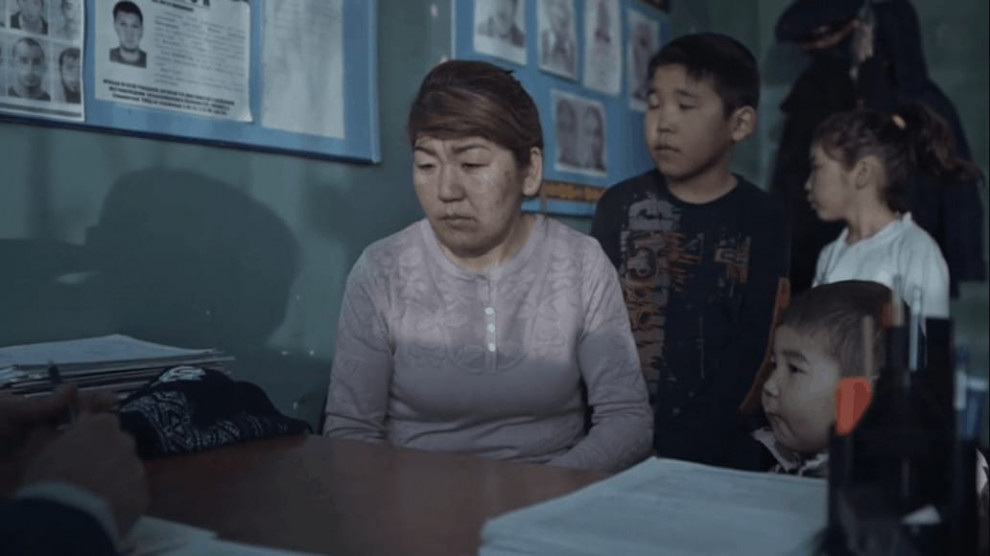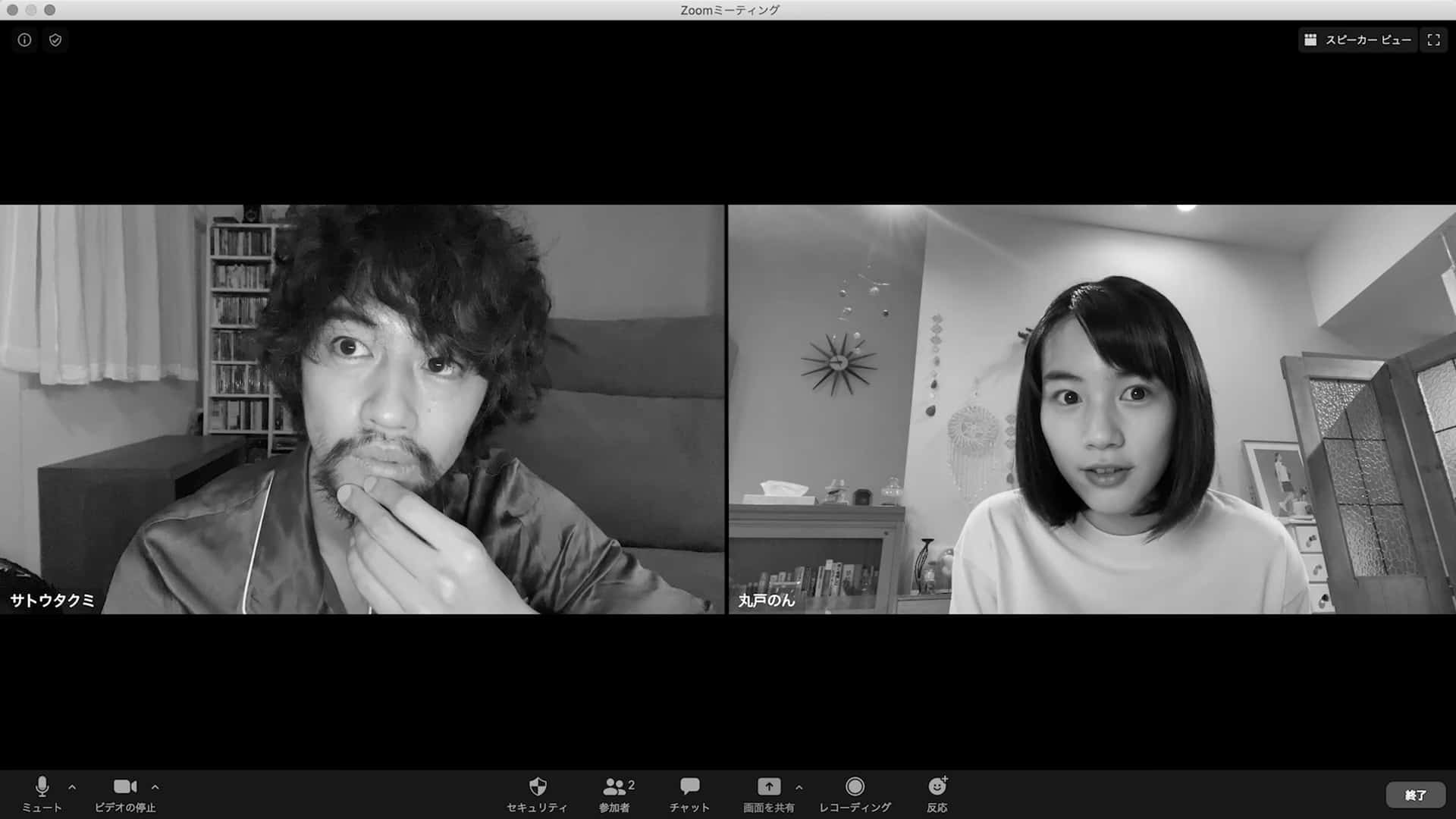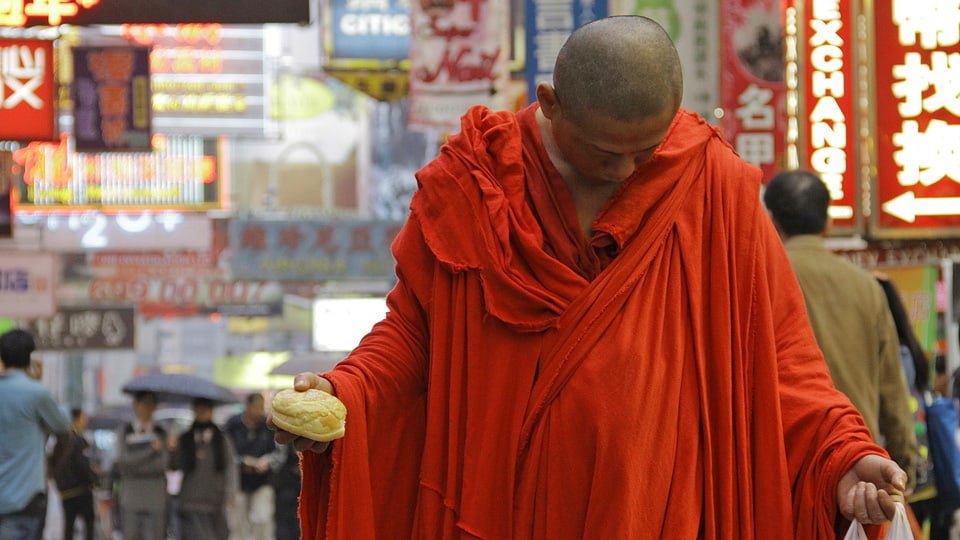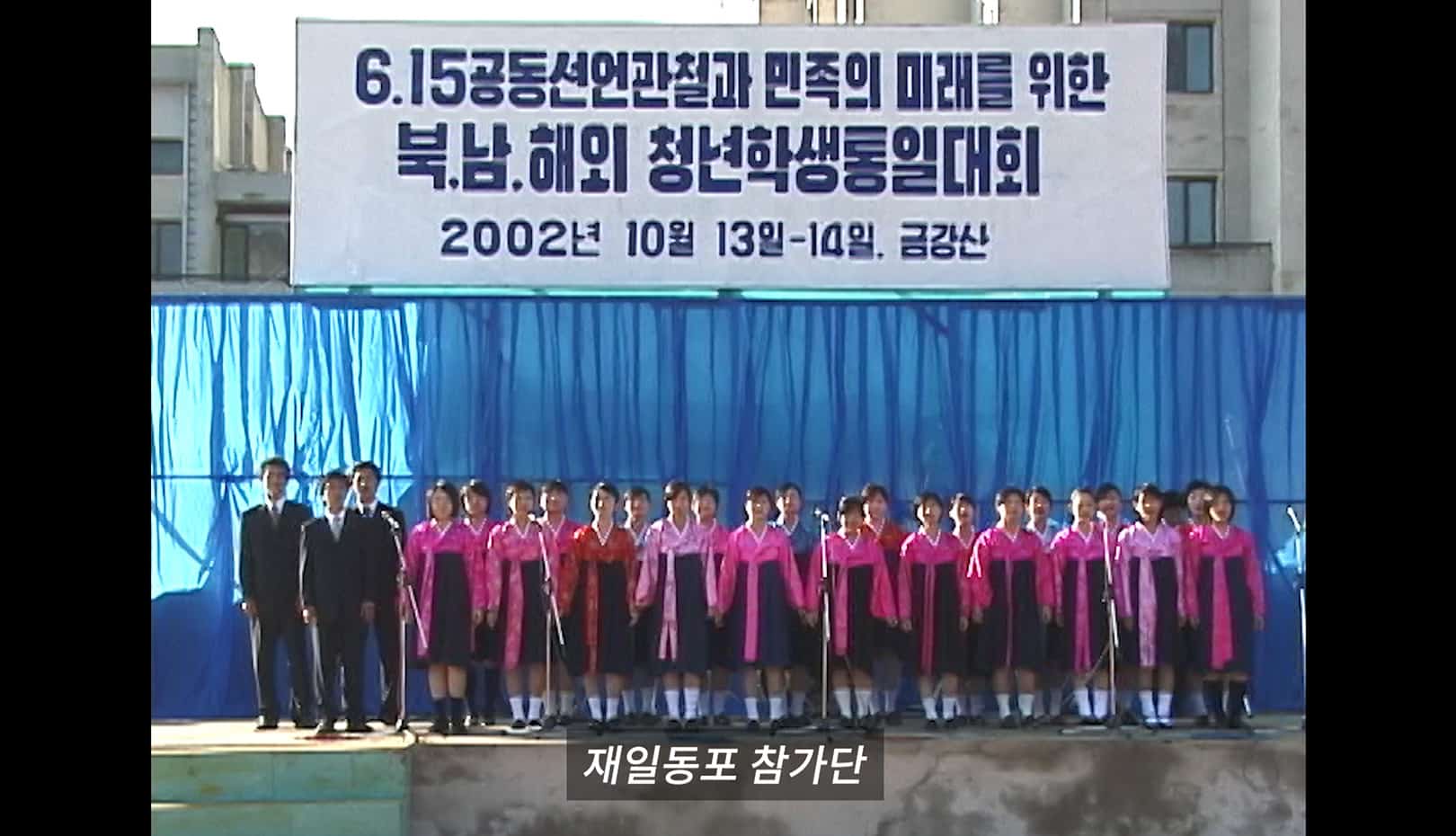Even in these modern times it is a rarity to come across female-driven films from beyond the Caucasus in places like Kazakhstan, let alone those helmed at the forefront by a woman. In the emerging cinemas of such overlooked corners of the world however, it is women who inspire and illuminate the most compelling narratives. Living on the very fringes of society enables powerful stories to be told, and with cinema now a fully-fledged global platform, there are a myriad of untold voices waiting to be heard. One such story is that of Meruert Sabbusinova; told through director Sharipa Urazbayeva's stripped-down-to-the-bone script and Samat Sharipov's Ozu-esque eye for capturing the very real and the very mundane, “Mariam” is a distraught affair that hinges more towards the immaculate visual aesthetic than the human drama itself.
“Mariam” is screening at Vesoul International Film Festival of Asian Cinema

Among the snow-covered reeds, Mariam (Sabbusinova) is calling out for Serikbay, her husband who has uncharacteristically disappeared without so much of a word. In her desperation she even visits the local law enforcement to file in a missing persons report; her attempts here prove to be fruitless. But while the officer can joke about her situation, at home this absence triggers a domino effect which pushes Mariam and her four children on the brink of destitution: her boys cannot go to school, her daughter is sick, and her husband's employers demand their cattle return to their keep. When all seems lost and forlorn, an all-too friendly face, the chirpy Mukhtar, comes to Mariam's rescue and sets her on the path towards reclaiming her life and away from the extreme poverty she has endured in her life.
With a cast consisting of Sabbusinova – whose real-life husband is still missing – and her children the idea of watching a family re-enact, no matter how loosely and fictitious, their own past sounds almost like an exercise in masochistic misery; Mariam's face and posture, weathered by time, painfully bears the agony of a woman who has gone through hell but now has her back turned to it. This notion is close to the truth, for her descent towards rock-bottom seems like an endless voyage and it makes for an agonising watch; even the state seems nonplussed and forces loopholes to be jumped through before they can financially assist her. Urazbayeva, in all her efforts, doesn't shy away from throwing her lead through the gauntlet or from dragging the audience along for the slow ride.
This is one of “Mariam”'s greatest strengths, an unflinching ability to empathise with its leading lady on a multitude of levels, and it makes her rediscovery of her humanity all the more endearing – and precisely why the film's albeit predictable third act is all the more harrowing. Watching her transformation from dishevelled wife to freer spirit unfold bears a similar euphoria to staying up all night to watch the sunrise; her clothing changes in shape and vibrancy, she intently applies make-up, we even see glimmers of a smile here and there. It is the disposition of a woman who has removed a huge weight from her shoulders, and though Sabbusinova seldom shows it beyond subtlety this is all we need to be reassured. This echoes a more hidden strength, one which can easily be misinterpreted without the appropriate cultural lens: pure resilience.

It is against the backdrop of the unforgiving Kazakhstani winter where this resilience is put to the ultimate test; thanks to Sharipov's extensive use of long takes and sumptuous cinematography – which is full of colour – Mariam and her family become simultaneously abandoned and enveloped by their rural existence. Between this and the muted sound mixing their isolation is further emphasised, yet this execution is where the real focus lies: its bold tonality and framing overshadows what is already a simple film. It is a strikingly gorgeous visual feast to take in but, with its roots in the social realism of decades gone by its edges become ironically smoother, softer. While this does very little to reduce Urazbayeva's intended impact it does little to add to the story's depth; choosing to simply acknowledge what is happening on the surface we are, however, left to feel even more helpless.
At its heart, “Mariam” harkens the plight of all women across not just the third world but across the entire planet. A snapshot of how heavily tipped the scales are against their favour, the films goes so far to push the question of a woman's worth not simply as a woman but as a human being; that its lead is denied the privilege to even earn a living is testament to how far behind many cultures are with regards to this. In this light it is more than just one woman's story but that of millions, many of which will no doubt never get to tell their rendition of it. In each other, Urazbayeva and Sabbusinova have found a remarkably simple but no less effective platform that will hopefully inspire many more to do the same.















